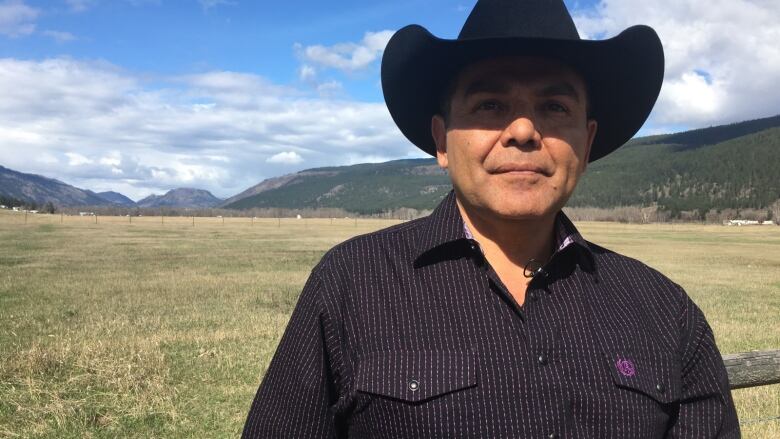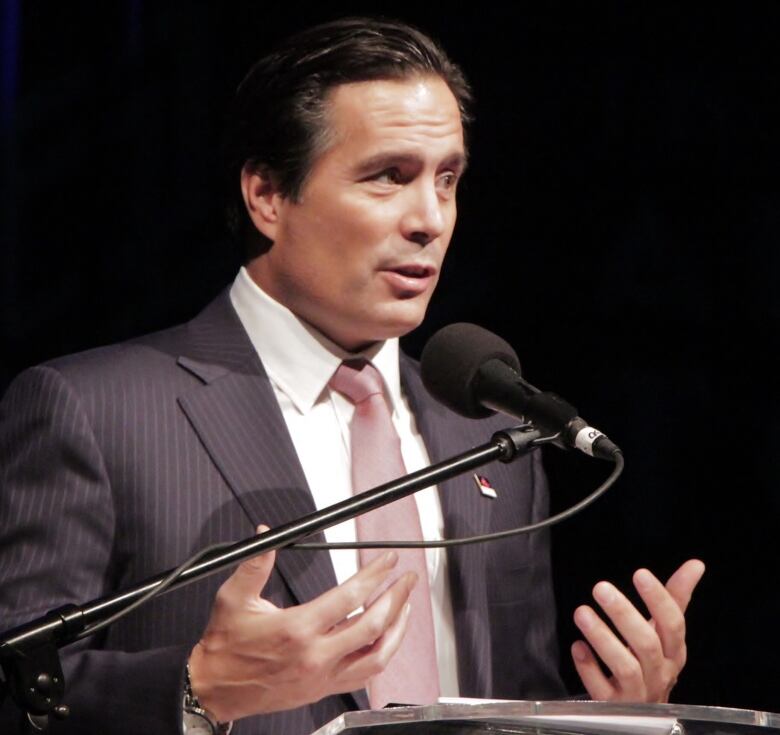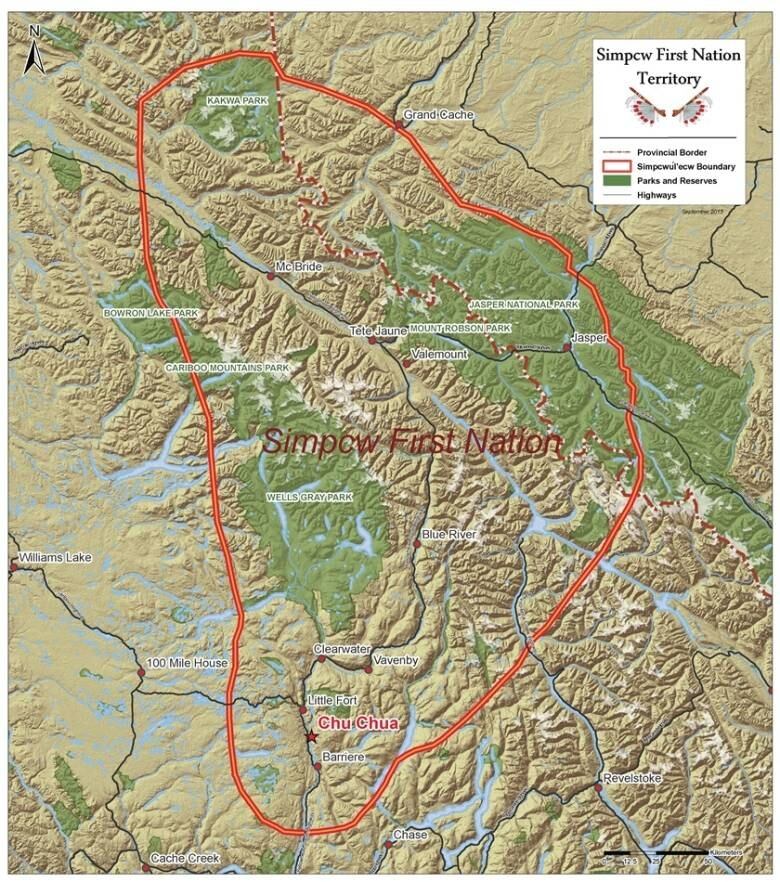'What kind of help do you need?' Canadian banks eye Indigenous investment in pipeline expansion
Chief says 'more than one bank' has inquired, deal contingent on co-operation between Ottawa and Kinder Morgan

With the Trans Mountain Kinder Morgan expansion project up in the air, Canadian banks are approaching Indigenous leaders in B.C. with offers to buy equity in the project, according to First Nation chiefsand a Mtisorganization president.
Financial institutionsare reaching out toFirst Nations bands, asking "what kind of help do you need," said MikeLeBourdais,Chief of the Whispering Pines First Nation.
LeBourdais said he can'tsay which banks have approached him but confirmedthereare more than one.
He added it is "all contingent on co-operation between the federal government, Kinder Morgan Canada, First Nations and, to some extent, the province," but would not provide further details.
"It is all preliminary at this point," he said.
The proposed Trans Mountain pipeline expansion would runthroughLeBourdais'sWhispering Pines reserve near Clinton.
Having shares in the pipeline could give First Nations communities a stake in the success in the project, and give the federal government some leverage in its pro-pipeline stance, despite opposition from several Indigenous groups living on or near the coast.
That will be the focus of a meeting between First Nations and the federal government later this month.
Federal Finance Minister Bill Morneau confirmed his department is "engaging with Indigenous peoples" on the matter, but wouldn't confirm whether it will help or collaborate with First Nations to seek equity in the Trans Mountain project.
First Nations groups would not disclose which banks had reached out to them, or what types of negotiations were underway.
Potential for profits
Trans Mountain says the expansion willbring more than $400 million in benefits through agreements with First Nations communities.
The Trans Mountain pipeline expansion project will cut directly through 11 First Nations communities including the Whispering Pines reserve. Roughly 23 other First Nations in B.C. that are not directly on the route have signed mutual benefit agreements.
According to hundreds of email and call logs between Kinder Morganand chiefs, communities havesigned mutual benefit agreementsto have a say in environmental monitoring and spill response efforts,to provide jobs and training for their communities and to access direct revenue payments.
First Nations whose reserves the pipeline will cut directly through, like Whispering Pines, can collectpropertytaxes from Kinder Morgan in accordance withFirst Nations lawsenactedundertheFirst Nations Fiscal Management Act.
But thosewhose traditionalterritories it will pass through are not privy to the same levies.
Banks tap Mtisgroup
The B.C.MtisFederation president Keith Henry says financial institutionsare now approaching him about their interest in equity in the Kinder Morgan pipeline.
"We believe this is the only way forward for major projects in B.C. and Canada," Henry said.

The B.C.MtisFederationand theMtisNation of B.C. have comeunder fire from First Nations groups who say they don't have traditional land in the province and hence no real stake in the project.
"I think it's fair for people to ask about the land question, but there's also a lot of Crown land that Mtispeople practise their traditional harvesting on, too,"Henry said.
Thefederation represents about 3,000 Mtispeople in B.C., most with genealogies in Alberta, Manitoba, and Saskatchewan.
Environment, rights and title key
Simpcw First Nation Chief Nathan Matthew says one-third of the entire pipeline route runs through Simpcwtraditional territory, about 80 kilometres north of Kamloops in the B.C. Interior.
Matthew's main concern about the pipeline getting a green light is the environment he said.
"How can this pipeline been built in the safestpossible way?" Mathew said.
The Kinder Morgan expansion is not the first major project his nation has been involved with, sought equity in, or had to weigh the consequences in, he saidcitingthe ValemountGlacier Destination, aski resort that runs through Simpcwterritory.

"We just completed a negotiation for a major international ski destination project in Valemount and it's the same thing: we are worried about our culture, we are worried about the environment and there are economic considerations," Matthew said.
Both Matthew and LeBourdaisare seekingrecognition of Indigenous rights andtitle in securing ownership in the pipeline expansion projec
While not impossible, it's more difficult for First Nations to buy into a project like the Kinder Morgan pipeline expansion because reserve land has been held in trust for bands by the Crown since the1800sunder the Indian Act.
It means First Nations can't use land as collateral or useother assets to leverage.
"The table is not set fairly for First Nations in Canada.I don't even own my reserve, I don't own the house I live in, I don't own the land I graze my horses and cows on, I don't own the land I grow my garden in,"LeBourdais said.
"We are trying to amend those parts of the Indian Act that allow us to act as governments, as we were before the Indian Act came," he added.












_(720p).jpg)


 OFFICIAL HD MUSIC VIDEO.jpg)
.jpg)



























































































